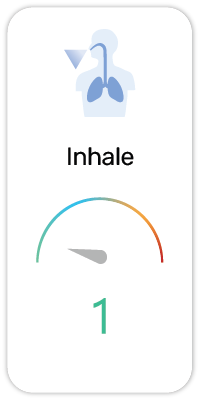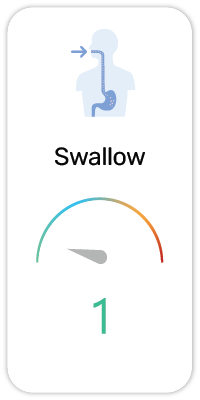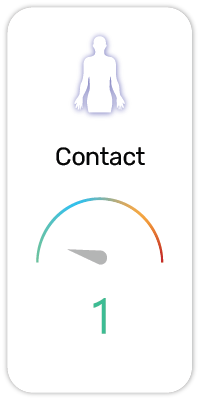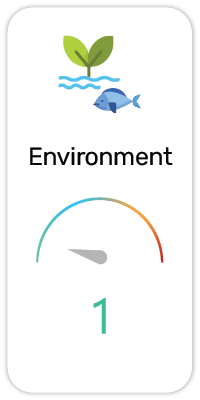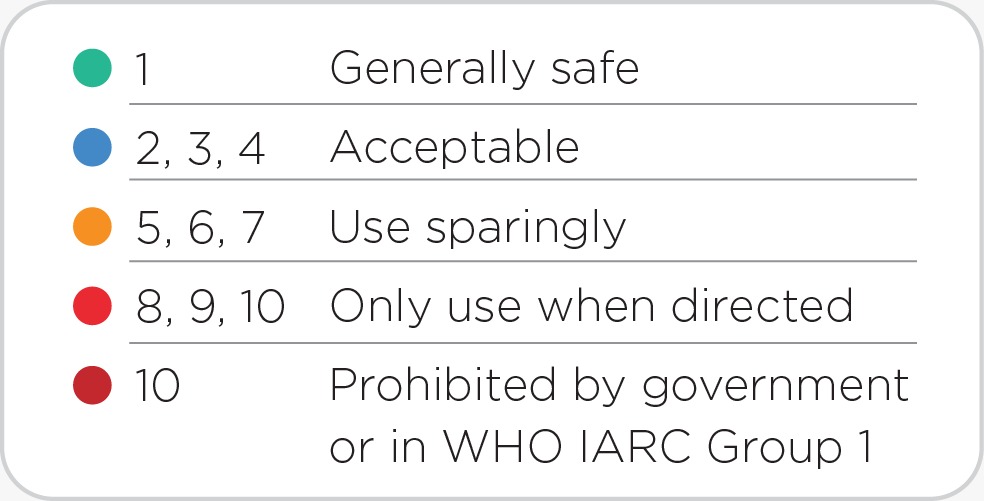Potassium Sorbate(in 25,161 products)
Potential Risk Index®:
About:
Functions:
1. Dietary / Nutritional Supplement - Vitamins, minerals, proteins, fatty acids or probiotics that improves nutritional intake
2. Preservative - Prevents and inhibits the growth of unwanted microorganisms which may be harmful
Potassium Sorbate is a common ingredient used in cosmetics and personal care products, as well as in food products, to help preserve their freshness and extend their shelf life.
In cosmetics and personal care products, Potassium Sorbate acts as a preservative, preventing the growth of bacteria and mold, and helping to keep products fresh and safe to use. It is commonly found in products such as lotions, creams, and shampoos.
In food products, Potassium Sorbate is also used as a preservative, helping to prevent spoilage and ensuring the safety of the food. It is used in a wide range of food products, including baked goods, dairy products, and fruit juices.
Overall, Potassium Sorbate is a popular choice for those looking for a natural and effective ingredient that can help to keep their cosmetics and personal care products, as well as their food, fresh and safe to use.
In EU, potassium sorbate is approved to use as food additive and cosmetics preservatives (E202). It is also generally recognized as safe food substance in US.
Scientific References:
Regulatory References:
1. South Korea - Ministry of Food and Drug Safety - Prohibited/Restricted Chemicals
- Ref: 1260
2. US FDA Food Additives Status List [2018]
- Potassium sorbate
3. EU Approved Food Additive [2018]
- E202
4. Japan’s List of Designated Food Additives under Article 10 of the Food Sanitation Act
- Potassium Sorbate
5. US FDA Generally Recognized As Safe (GRAS) (21 CFR 182) [2017]
- § 182.3640 - Potassium sorbate
6. EU CosIng Annex V, PRESERVATIVES ALLOWED IN COSMETIC PRODUCTS [2017]
- Ref: V/4
7. Association of Southeast Asian Nations Annex VI, Allowed Preservatives
- Sorbic acid (hexa-2,4-dienoic acid) and its salts
Safety and Hazards (UN GHS):
1. Causes skin irritation (H315)
2. Causes serious eye irritation (H319)
3. May cause respiratory irritation (H335)
User Comments:
Submit


